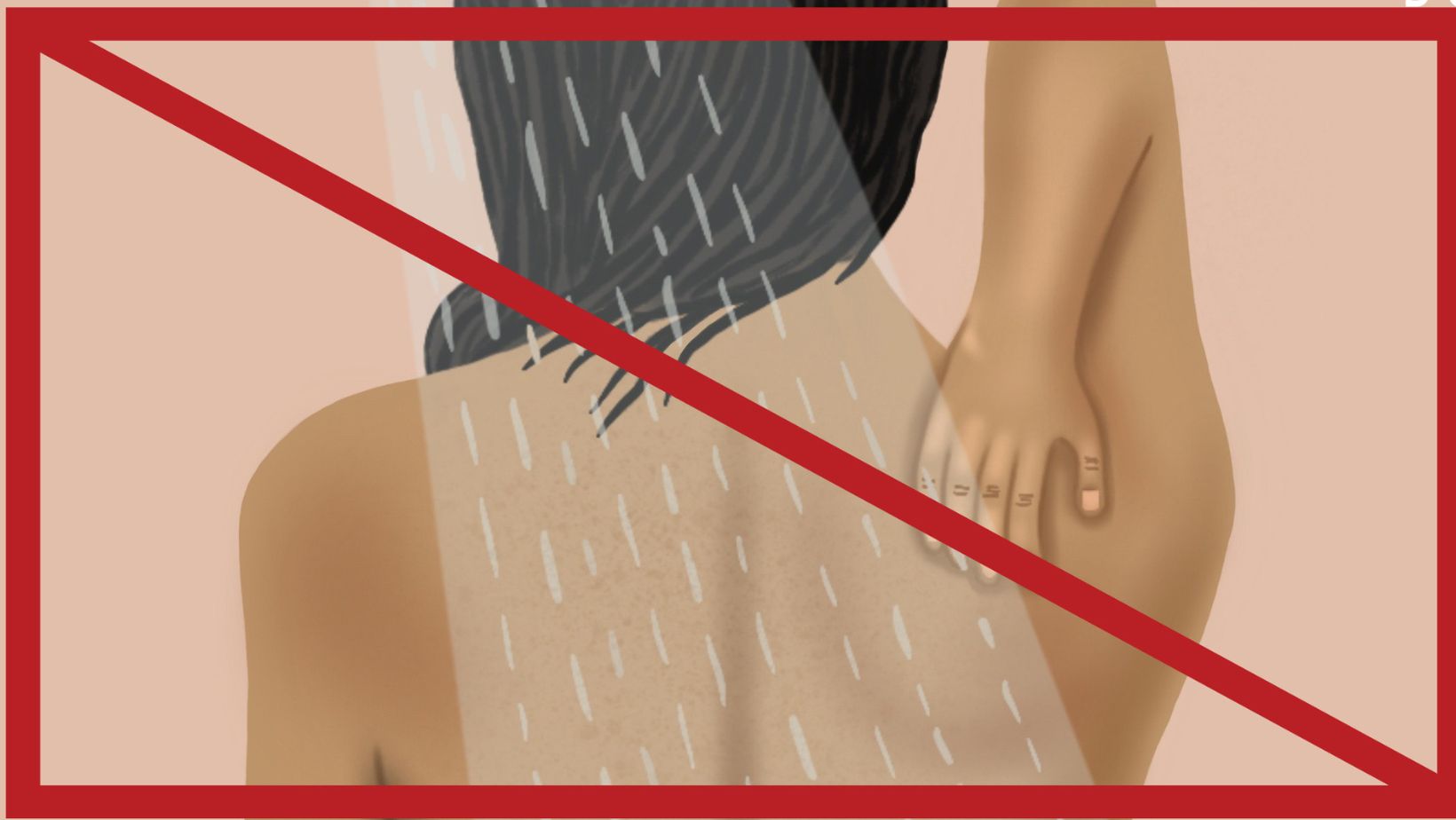Doctors and dermatologists are increasingly recommending diluted bleach baths as a treatment for individuals with severe eczema. However, experts stress that this method should only be used under medical guidance, as it may not be appropriate for everyone and does not replace other eczema treatments.
Eczema, a chronic genetic condition that causes skin inflammation and damage, often makes the skin itchy, red, and vulnerable to infection. The condition is triggered by irritants such as hot water, soaps, or environmental allergens, weakening the skin’s natural barrier and creating an ideal environment for bacteria like Staphylococcus aureus to flourish. These bacteria can worsen eczema by releasing toxins that intensify inflammation.
Using diluted bleach baths aims to reduce bacterial colonies on the skin, which can help calm inflammation and allow the skin to heal. But what makes this treatment effective, and how can it help eczema sufferers?
The Science Behind Bleach Baths

When eczema becomes severe, the skin may start to weep or bubble with fluid, creating an even more inviting environment for bacterial infection. This process, known as “impetiginisation,” is a key reason why managing bacteria is essential for eczema recovery.
Bleach, or sodium hypochlorite, is known to kill bacteria rapidly. Studies have shown that even simple washing of wounds can reduce bacterial loads, and researchers believe that the washing action of a bleach bath contributes to its effectiveness in eczema management.
Additionally, sodium hypochlorite has anti-inflammatory properties, which may help interrupt the cycle of redness, itching, and scratching that worsens eczema. By breaking this vicious cycle, bleach baths can relieve sufferers and allow the skin to repair itself.
How Bleach Baths Are Performed

While bleach baths are a simple concept, they require precise preparation and guidance from a healthcare professional. Dermatologists emphasize the importance of tailoring the treatment to each individual’s needs, as improper dilution or technique can lead to irritation and harm.
A typical bleach bath might involve mixing ½ cup (120 ml) of household bleach (5-6% sodium hypochlorite) with 150 liters of lukewarm water—a ratio that must be adjusted for children or individuals with sensitive skin. The affected person then soaks in the solution for around 10 minutes, avoiding any scrubbing or vigorous rubbing of the skin, which could aggravate the condition.
After the soak, the skin is thoroughly rinsed with cool water to remove all traces of bleach. A moisturizer is applied while the skin is still slightly damp to help lock in hydration, an essential step in eczema care.
Doctors typically recommend performing bleach baths two to three times a week, but this frequency may vary depending on the severity of the condition and the patient’s response to treatment. Close monitoring is essential, and any signs of increased irritation or discomfort should prompt a reevaluation by a dermatologist.
Not a Cure-All, But a Helpful Tool

While bleach baths can be a valuable addition to eczema management, they are not a cure-all. They work best with other treatments, such as medicated creams, moisturizers, and lifestyle changes. Moreover, the treatment is not suitable for all eczema sufferers, highlighting the need for professional medical advice before trying it.
For suitable candidates, bleach baths offer a promising way to reduce bacterial infections, calm inflammation, and improve overall skin health. As researchers continue to explore the treatment’s benefits, healthcare professionals remain optimistic about its potential to provide relief for those struggling with severe eczema. If you or someone you know is considering a bleach bath to treat eczema, consult a doctor or dermatologist to determine the safest and most effective approach.

